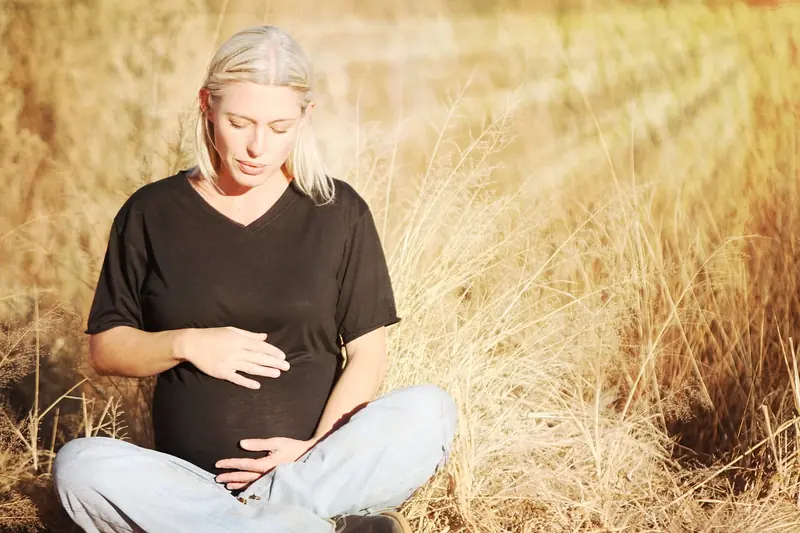
American researchers believe that pregnancy may accelerate biological aging in women.
A team of scientists from the Mailman School of Public Health at Columbia University in New York conducted a six-year study on the health of the local population in the Philippines. The researchers analyzed the reproductive histories and DNA samples of 1,735 volunteers (825 women and 910 men), as reported by The Guardian.
The researchers determined the biological age of participants using six different “epigenetic clocks”: genetic tools that assess biological age based on patterns in a process known as DNA methylation.
The data from the female participants indicated that each reported pregnancy was associated with two to three months of biological aging. Women who reported multiple pregnancies during the observation period exhibited an even greater rate of biological aging.
The link between pregnancy and biological aging persisted even when the authors accounted for factors such as socioeconomic status, smoking, genetic variations, and environmental conditions.
Calen Ryan, the lead author of the study and a research scientist at Columbia University’s Center on Aging, noted, “Pregnancy accelerates biological aging, and this effect is observed in young women with high fertility.” According to the researcher, this is the first study to connect the number of pregnancies a woman has with changes in her biological age.
As Mr. Ryan pointed out, scientists still have much to learn about the role of pregnancy and other aspects of reproduction in the aging process. “We also do not know to what extent the accelerated epigenetic aging of these individuals will manifest as poor health or mortality decades later,” he added.
The results of the study were published in the Proceedings of the National Academy of Sciences.
